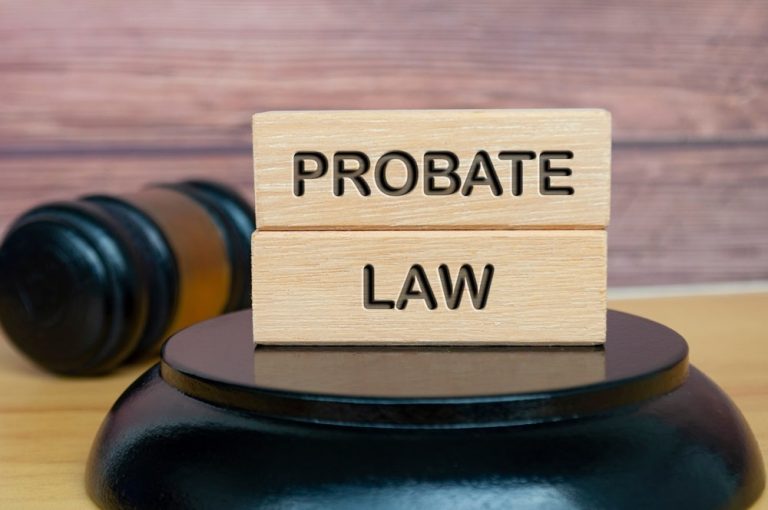Being arrested for DUI can be an overwhelming and scary experience. If it’s your first offense, one of your biggest questions is likely – will I face jail time? Unfortunately, the answer is not straightforward.
Punishments for a first DUI conviction vary widely based on the location and circumstances surrounding the incident. The laws and potential penalties differ from state to state.
In this article, we’ll provide an overview of typical sentencing for first-time DUI offenders. You’ll learn how factors like breathalyzer results, accidents, prior records, and mitigating circumstances influence potential jail time. We’ll also explain some of the options for avoiding incarceration through plea deals and diversion programs.
What is a First DUI Offense?
DUI stands for “driving under the influence” and refers to operating a motor vehicle while impaired by alcohol or drugs. A first DUI offense means it is the first time you have been arrested and charged with this criminal offense.
The legal limit for blood alcohol concentration (BAC) is 0.08%. If you are pulled over and your BAC is 0.08% or above, you can be arrested and charged with a DUI. The limit is even lower for commercial drivers, at 0.04% BAC.
Factors Influencing Jail Time for First DUI
Jail time for a first DUI offense is not mandatory in all states, but it is a possibility depending on aggravating factors. Some things the court will consider include:
- Your BAC level at the time of arrest
- Presence of a minor under 15 years old in the vehicle
- Prior alcohol-related offenses like public intoxication
- Accidents resulting in injury or death
- Amount of property damage caused
The higher your BAC level, the more likely jail time becomes. A BAC of 0.15% or above makes jail time much more likely. Having a child in the vehicle also makes the court view the offense as more serious.
DUI Charges and the Role of BAC
Your BAC level at the time of arrest plays a major role in DUI charges. You can be presumed intoxicated if your BAC is 0.08% or higher.
However, you can still be convicted of a DUI even if your BAC is below 0.08%. The prosecution only needs to prove that your mental and physical faculties were impaired and that you did not have full control of the vehicle.
Potential Consequences of a First DUI Conviction
Aside from potential jail time, consequences for a first DUI conviction can include:
- Fines up to $2,000
- Jail time of up to 180 days
- License suspension up to 1 year
- Mandatory DUI education program
- Community service
- Probation
- Ignition interlock device installed in vehicle
However, jail time is not always guaranteed for a first-offense DUI. Factors like your BAC level, criminal history, and circumstances of the arrest will determine if jail is likely.
How Can a DUI Lawyer Help in Your First Offense?
When it comes to a first offense, having a knowledgeable DUI lawyer can make all the difference. They can potentially get charges reduced or dismissed if there are issues with how evidence was collected or handled. A skilled lawyer may also be able to negotiate a plea bargain to lesser charges to avoid mandatory jail time.
Avoiding Jail Time: Plea Bargains and DUI Court
Most first-time DUIs never go to trial. An experienced attorney will try to negotiate a plea bargain for a lesser offense like reckless driving. This carries no jail time.
DUI court is another option in some counties. For qualifying first offenders, DUI court focuses on treatment and recovery rather than punishment. Jail time is typically not imposed if you complete the DUI court program.
Long-Term Impacts of a First DUI Conviction
Beyond potential jail time, a first DUI conviction can negatively impact your life for years to come. A criminal record can hurt job opportunities, and higher insurance rates can cost thousands.
If convicted of a first DUI, contacting a knowledgeable DUI attorney should be your first call to understand your options and build the strongest defense.











